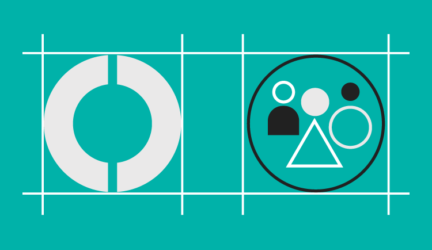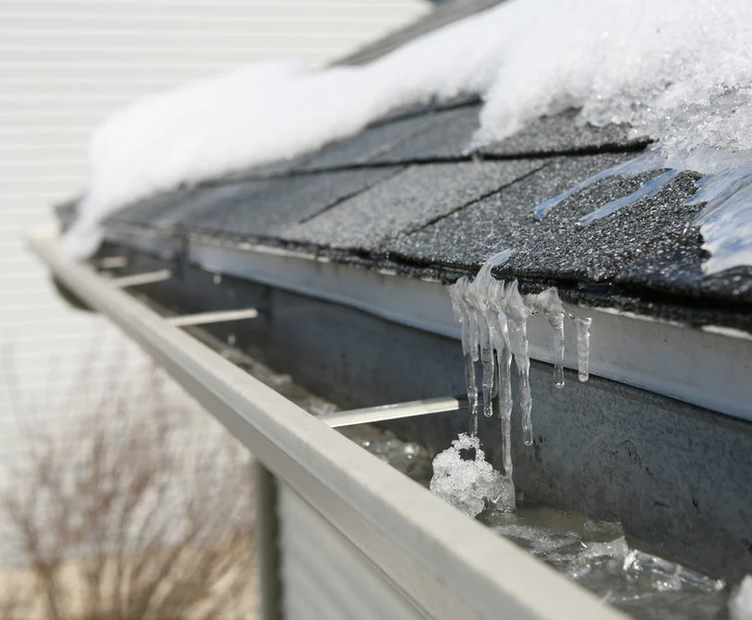5 New Year's Resolutions for Homeowners
November 15, 2013
HSH.com - 12/16/13
By Michele Lerner
When you make your list of New Year's resolutions this year, don't forget to include a few items related to your home and finances. An annual evaluation will help you make sure you're taking care of your property properly.
5 New Year's resolutions
No. 1: Check up on your homeowners insurance.
Check the limits of your coverage to make sure you'll have enough insurance to repair or replace your home, if needed, especially if you've made home improvements in the past year that added finished space to your property, says Mark Galante, senior vice president and chief marketing officer of PURE Group of Insurance Companies in White Plains, N.Y.
He also recommends checking your insurance coverage for other structures on your property, since many homeowners don't realize they need extra insurance for a detached garage, a fence or a pool. If you have a basement, he recommends optional sewer and drain backup insurance.
"Check to see if you should buy flood insurance," says Michael Kodsi, CEO of Choice Mortgage Bank in Boca Raton, Fla. "It's not very costly if you don't live in a flood zone and it covers you for floods caused by storms."
Galante also recommends reviewing your personal property or contents insurance. "Items like jewelry or furs or art may need special insurance coverage."
No. 2: Evaluate a refinance.
"Compare your current mortgage rates and term to see if you can secure a lower rate to save on your monthly payments," says Robert Lund, vice president for residential mortgage lending for Bethpage Federal Credit Union in Bethpage, N.Y.
Lund suggests using a mortgage calculator to compare payments on a shorter loan term. He says homeowners should consider how long they plan to stay in their home to determine whether refinancing makes sense because it can take several years to recoup the costs of a refinance.
"Look at your mortgage bill to see if you're paying private mortgage insurance," says Kodsi. "If you have enough equity you might be able to eliminate the PMI, which will lower your payments even if you don't refinance."
No. 3: Consider prepaying.
If your mortgage rate or term is already low, Lund says it could make more sense to prepay your mortgage rather than refinance.
"You can shave years off your mortgage by setting up biweekly payments, making one extra payment each year orrounding up your monthly payment every month. The difference prepayment makes depends on your loan balance, your loan term and interest rate and how much extra you pay," he says.
Utilize a prepayment calculator to analyze the benefits for your individual circumstances.
"Before you decide to prepay your loan, find out whether your home is appreciating or depreciating," says Kodsi. "You might find that it's better to use a bonus or other extra cash for other investments."
No. 4: Maintain and repair.
Your home, just like your body, needs an annual physical to make sure your systems are running right.
Start on the outside, looking at your trees to see if they need to be trimmed, then your roof, flashing and gutters, says Galante. Inside, he suggests testing your sump pump, alarm system and smoke detectors. You can find out the average life expectancy of your appliances from the National Association of Certified Home Inspectors so you can budget for repairs or replacements.
No. 5: Check your HELOC terms. If you have expensive repairs to make, you may want to tap into a home equity line of credit, but make sure you understand how it works. Unlike home equity loans, which are typically fixed-rate loans for a specific term, HELOCs generally have an adjustable rate, says Lund.
"You should check to see if you're in an introductory, interest-only payment phase and check the caps to see what your maximum rate adjustment will be," says Lund. "If you think your payment will be too high when the loan adjusts, contact your lender to see if you can refinance both your first and second loans into one fixed-rate loan."
Kodsi says some lenders offer a convertibility option that will allow you to convert your loan to a fixed rate for a small fee. He also says that refinancing your first mortgage to a lower rate and payment could free up funds for your HELOC payments.
Most of these resolutions can be accomplished relatively quickly yet provide big savings during the new year.





